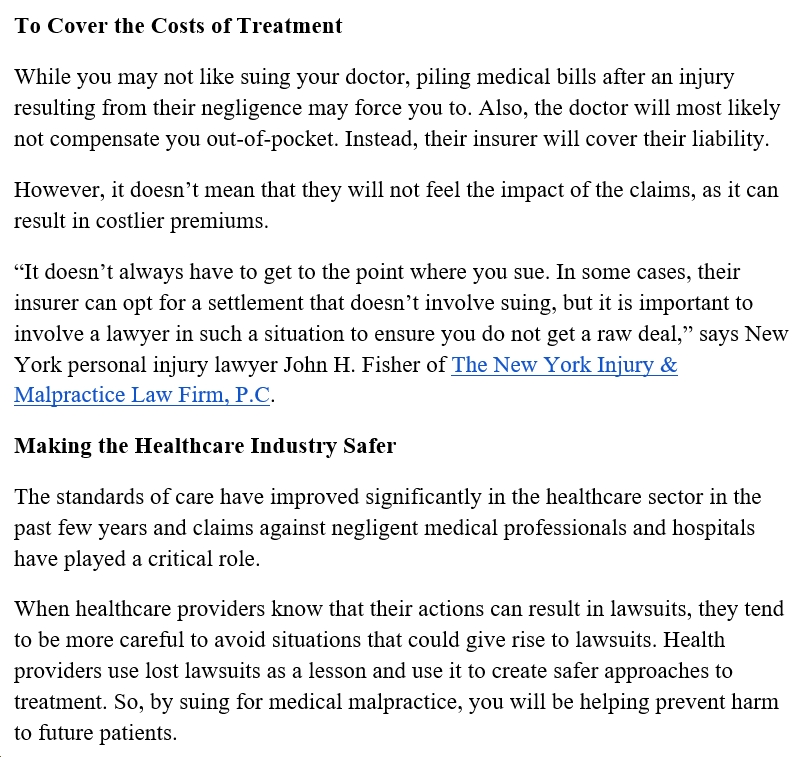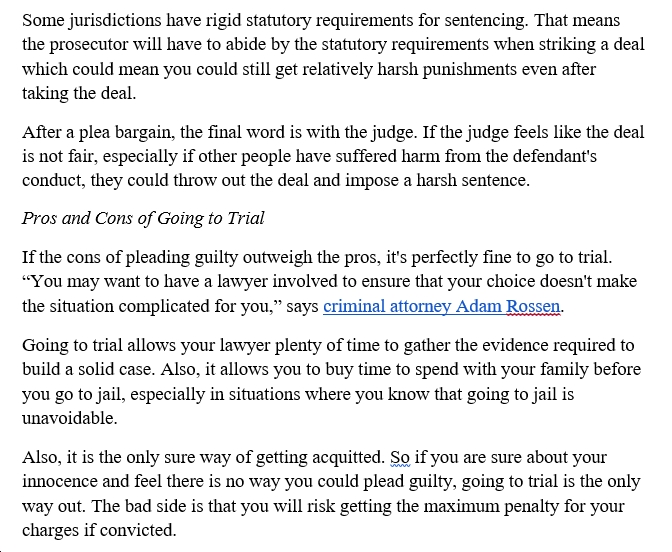Sponsored Content
By Stephen Hamilton, an attorney licensed to practice in Texas, who represents clients on cases ranging from DUI offenses to student defense.
On Tuesday, December 6, 2016, the United States Supreme Court upheld a jury verdict convicting the State Farm Fire and Casualty Company of defrauding the federal government for millions of dollars following the 2005 natural disaster Hurricane Katrina.
Prior to the hurricane, State Farm had supplied residents of the Gulf Coast with both general homeowner insurance policies and federal government sponsored flood insurance policies.
After Hurricane Katrina rolled through the area and caused billions of dollars worth of damage, company executives told their claims adjusters to mark the wind damage as flood damage to make sure that the federal government would be covering the insurance costs.
State Farm was called out on their fraudulent practices by two claims adjusters, sisters Corri and Kerri Rigsby, who snitched on the company via the False Claims Act. This federal law gives private citizens the option of filing a fraud claim in support of the government and also allows them to share in any damages that are awarded.
The Rigsby’s case was based off of one house in Biloxi, Mississippi, and in 2013, the sisters won their case and received 30 percent of the $750,000 awarded in damages.
However, State Farm wanted the case to be dismissed because one of the opposing attorneys leaked information about the case to reporters at the Associated Press, ABC News, and The New York Times.
Under federal law, the case was supposed to remain confidential for two months, but a lower court ruled that there was no lawful reason for the case to be dismissed. The Supreme Court ultimately confirmed this ruling. Justice Anthony Kennedy wrote the majority opinion for the court, expressing that there is nothing in the federal law that requires this lawsuit to be dismissed.
The State Farm v. United States case is also important because it gives others the confidence to file claims against State Farm alleging that the company had defrauded the National Flood Insurance Program.
The state of Mississippi filed its own lawsuit against State Farm in 2015, divulging that the state had paid around $522 million to State Farm policyholders after the company doctored the reports of its adjusters and engineers in order to lessen their financial responsibility.
While the government made the right decision in deciding not to dismiss the case, State Farm’s actions are really concerning, because it appears that the company is valuing profit over providing people the services they paid good money to receive.
While it is the right of any business to try and make as much money as possible, an insurance company must understand that its actions have a direct impact on the quality of its policyholder’s lives.
Trying to defraud people, or the federal government, in order to turn a profit, is not a sustainable business model, and it should cause the American people great concern that this type of behavior is taking place by a major insurance company.
















